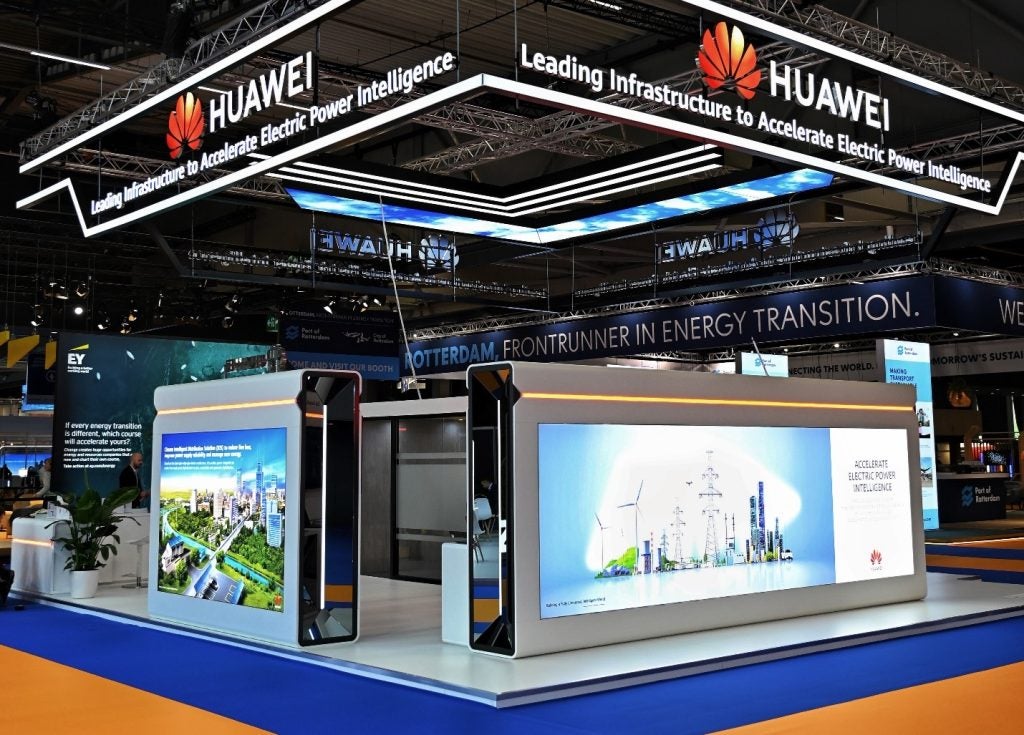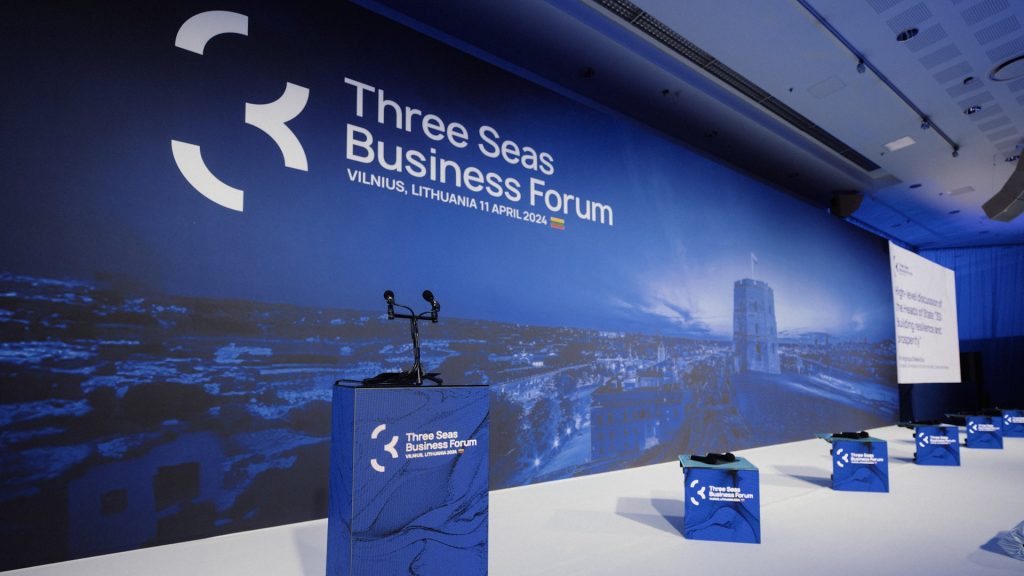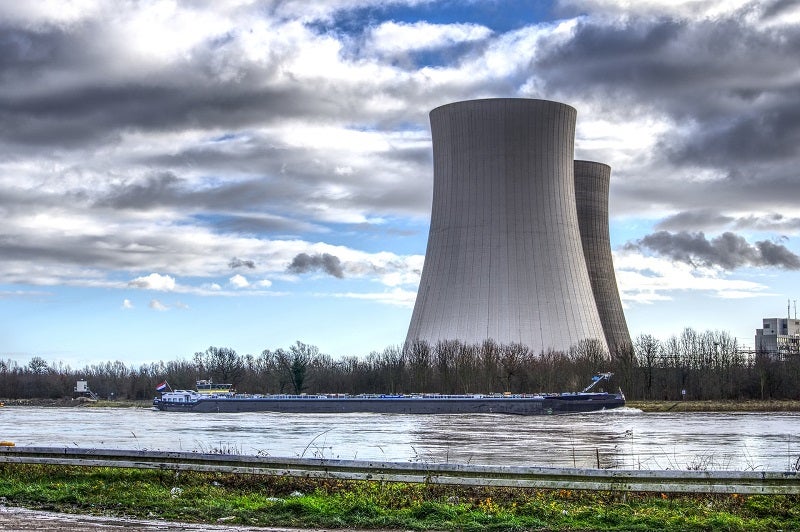State-owned Qatar General Water & Electricity Corporation (KAHRAMAA) has awarded a contract worth around €470m to German conglomerate Siemens for supplying substations to support the country’s expanding power distribution network.
Under the terms of the deal, Siemens will deliver 18 turnkey substations as a part of a national project intended to address the growing power demands in the country.
The deal is in-line with KAHRAMAA’s initiative to improve its infrastructure and meet the Qatar Government’s vision for 2030.
The project is expected to be completed by 2017.
Siemens Energy Management Division CEO Jan Mrosik said: "We are very proud that KAHRAMAA has chosen our solution for phase twelve.
"We are working very closely to support the expansion of Qatar’s power distribution network with leading products and solutions.
How well do you really know your competitors?
Access the most comprehensive Company Profiles on the market, powered by GlobalData. Save hours of research. Gain competitive edge.

Thank you!
Your download email will arrive shortly
Not ready to buy yet? Download a free sample
We are confident about the unique quality of our Company Profiles. However, we want you to make the most beneficial decision for your business, so we offer a free sample that you can download by submitting the below form
By GlobalData"This is a highly challenging infrastructure project in which a wide assortment from our portfolio of products and solutions will be installed in parallel within a very short time."
The German firm is responsible for design, engineering, supply, installation, and commissioning of 14 new substations for 400kV, 132kV, 66kV, and 11kV voltage levels, which will include switchgear, transformers, control and protection equipment.
Remaining elements of the deal, which will be executed as a part of the ongoing Qatar Power Transmission System Expansion – phase twelve, involves extensions to four existing substations in Qatar.
Siemens has installed more than 110 substations and around 1,400km of high-voltage cable for the programme since its initiation in 2005.






